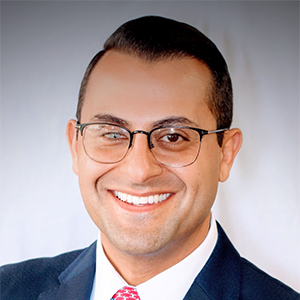Breaking the Mold: Dr. Ameer Hassan's Investigation into Rare Stroke Symptoms
Breaking the Mold: Dr. Ameer Hassan's Investigation into Rare Stroke Symptoms
Blog Article
In the realm of stroke diagnosis and management, recognizing the classic signs such as for example sudden weakness or difficulty speaking is essential. However, strokes will often present with symptoms that defy the conventional expectations. Dr Ameer Hassan, a prominent figure in neurology, offers invaluable insights into these unconventional stroke symptoms, urging clinicians and patients alike to broaden their understanding for timely intervention and improved outcomes.

One particular unconventional symptom is sudden memory loss or amnesia. While memory issues are often associated with conditions like dementia, they can also be a manifestation of a stroke affecting the hippocampus and other memory-related brain regions. Dr. Hassan emphasizes the importance of considering stroke as a potential cause when memory issues arise suddenly, particularly in younger folks who might not be routinely screened for stroke risk factors.
Additionally, disturbances in sensory perception, such as for instance hallucinations or altered sensations, can occasionally precede or accompany a stroke event. These sensory anomalies may unfit the normal pattern of stroke symptoms but shouldn't be overlooked, as they may indicate a disruption in the brain's sensory processing pathways. Dr. Hassan underscores the requirement for comprehensive neurological evaluation when encountering unusual sensory experiences.
Furthermore, atypical visual symptoms, such as for example seeing flashing lights or geometric patterns, may occur during a swing affecting the occipital lobe or visual cortex. While visual disturbances are not uncommon in stroke, these less typical presentations may be easily dismissed or caused by other causes. Dr. Hassan advocates for thorough assessment and consideration of stroke as a potential etiology in cases of unexplained visual phenomena.
Moreover, sudden changes in taste or smell perception can sometimes be indicative of a stroke affecting the gustatory or olfactory centers in the brain. These sensory alterations might not immediately raise concerns about stroke but should prompt further investigation, specially when accompanied by other neurological symptoms. Dr. Hassan highlights the importance of recognizing the diverse ways by which strokes can manifest, even in seemingly unrelated sensory domains.
Lastly, unusual emotional responses or mood fluctuations may occur during a stroke event, reflecting disruptions in the brain's emotional processing pathways. While emotional changes are often overlooked or related to situational factors, Dr. Hassan emphasizes the requirement for considering neurological causes, especially in the context of other stroke symptoms.

To conclude, Dr Ameer Hassan's exploration of unconventional stroke symptoms underscores the importance of broadening our understanding beyond the original presentations. By recognizing and addressing these atypical manifestations, clinicians can enhance their diagnostic accuracy and provide timely interventions, ultimately enhancing patient outcomes and quality of life.
Report this page